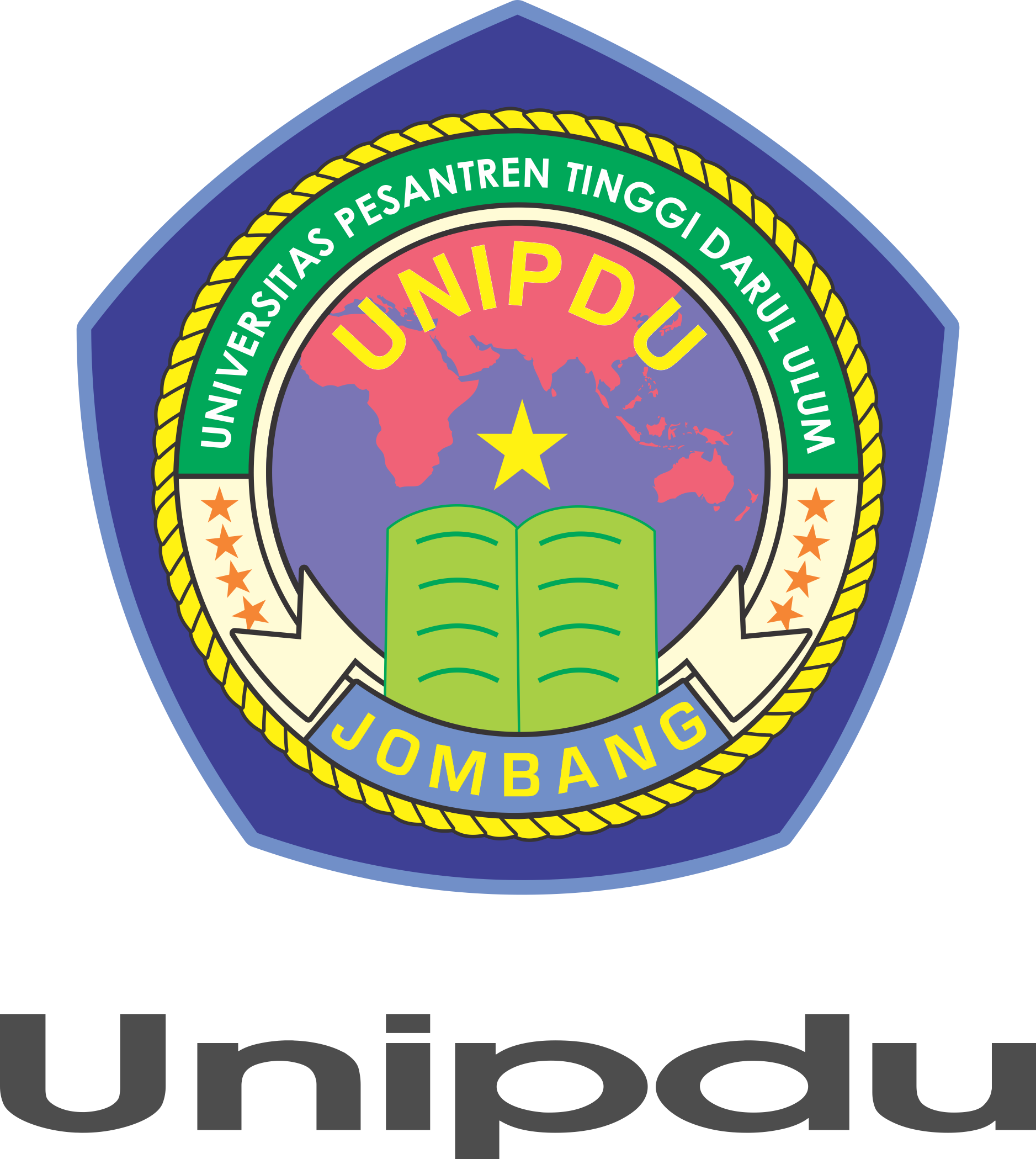Development of a STEAM Teaching Module Assisted by Robotics Activities Drive Up a Slope to Enhance Middle School Students' 4C Skills
DOI:
https://doi.org/10.26594/jmpm.v9i2.5008Abstract
Integrating mathematics with other fields is necessary for students to tackle real-world problems. Incorporating technology and engineering, such as robotic activities, into science and mathematics teaching offers the potential to improve learning outcomes and enhance students’ 4C (Critical Thinking, Creativity, Collaboration, and Communication) skills. This study aims to design and develop a STEAM (Science, Technology, Engineering, Art, and Mathematics) teaching module supported by the robotics activity Drive Up a Slope for middle school students and evaluate its feasibility and practicality in enhancing students' 4C skills. The development process of the teaching module follows the ADDIE model (Analyze, Design, Develop, Implement, and Evaluate). The results of this development indicate that the quality of the teaching module is categorized as highly valid, with a validity percentage of 94.64%, and highly practical, with a practicality percentage of 90%. Therefore, it can be concluded that the developed teaching module is both valid and practical.
References
Alimisis, D. (2012). Robotics in education & education in robotics: Shifting focus from technology to pedagogy. Proceedings of the 3rd International Conference on Robotics in Education, 9, 7–14.
Ayriza, Y. (2008). Developing and validating the social life skill module for pre-school educators. Jurnal Penelitian Dan Evaluasi Pendidikan, 12(2), 213–231.
Cruz-Martín, A., Fernández-Madrigal, J.-A., Galindo, C., González-Jiménez, J., Stockmans-Daou, C., & Blanco-Claraco, J.-L. (2012). A LEGO mindstorms NXT approach for teaching at data acquisition, control systems engineering and real-time systems undergraduate courses. Computers & Education, 59(3), 974–988.
Fauzan, A. (2002). Applying Realistic Mathematics Education (RME) in teaching geometry in Indonesian primary schools. Master’s thesis. Enschede: Thesis University of Twente
Henriksen, D. (2017). Creating STEAM with design thinking: Beyond STEM and arts integration. The STEAM Journal, 3(1), 1-11.
Jaipal-Jamani, K. (2023). Makerspace and robotics as/for STEM education. International Encyclopedia of Education (Fourth Edition) (pp. 103–111). Elsevier. https://doi.org/10.1016/B978-0-12-818630-5.13034-9.
Kucuk, S., & Sisman, B. (2020). Students’ attitudes towards robotics and STEM: Differences based on gender and robotics experience. International Journal of Child-Computer Interaction, 41, 100167. Elsevier. https://doi.org/10.1016/j.ijcci.2020.100167
Maya, M. N. T. (2022). Pengembangan pengembangan video pembelajaran berbantuan aplikasi kinemaster pada materi aritmatika sosial siswa kelas vii sekolah mennegah pertama (smp) negeri 3 kotabumi. Griya Cendikia, 7(2), 468–481.
Nesri, F. D. P., & Kristanto, Y. D. (2020). Pengembangan modul ajar berbantuan teknologi untuk mengembangkan kecakapan abad 21 siswa. AKSIOMA: Jurnal Program Studi Pendidikan Matematika, 9(3), 480–492.
Pepin, B., Choppin, J., Ruthven, K., & Sinclair, N. (2017). Digital curriculum resources in mathematics education: foundations for change. ZDM Mathematics Education, 49(5), 645–661. DOI 10.1007/s11858-017-0879-z
Priantari, I., Prafitasari, A. N., Kusumawardhani, D. R., & Susanti, S. (2020). Improving students critical thinking through STEAM-PjBL learning. Bioeducation Journal, 4(2), 94–102. https://doi.org/10.24036/bioedu.v4i2.283
Safitri, A. (2020). Model inquiry learning untuk meningkatkan keterampilan 4C. Prosiding Seminar Nasional Pascasarjana, 1(01), 395–401. https://journal.unj.ac.id/unj/index.php/semnas-ps/article/view/18328
Septikasari, R., & Frasandy, R. N. (2018). Keterampilan 4C abad 21 dalam pembelajaran pendidikan dasar. Tarbiyah Al-Awlad: Jurnal Kependidikan Islam Tingkat Dasar, 8(2), 107–117. https://doi.org/10.15548/alawlad.v8i2.1597
Sugiyono. (2022). Metode penelitian & pengembangan (research and development). Bandung: Alfabeta.
Toh, L. P. E., Causo, A., Tzuo, P.-W., Chen, I.-M., & Yeo, S. H. (2016). A review on the use of robots in education and young children. Journal of Educational Technology & Society, 19(2), 148–163.
Trilling, B., & Fadel, C. (2009). 21st century skills: Learning for life in our times. San Fancisco: Jossey-Bass.
Downloads
Published
Issue
Section
License
Copyright (c) 2024 Henrikus Yoga Yunianto, Adhi Surya Nugraha

This work is licensed under a Creative Commons Attribution 4.0 International License.
The formal legal aspect of access to any information and articles contained in this journal website refers to the Creative Commons Attribution 4.0 International (CC BY 4.0) license terms.














